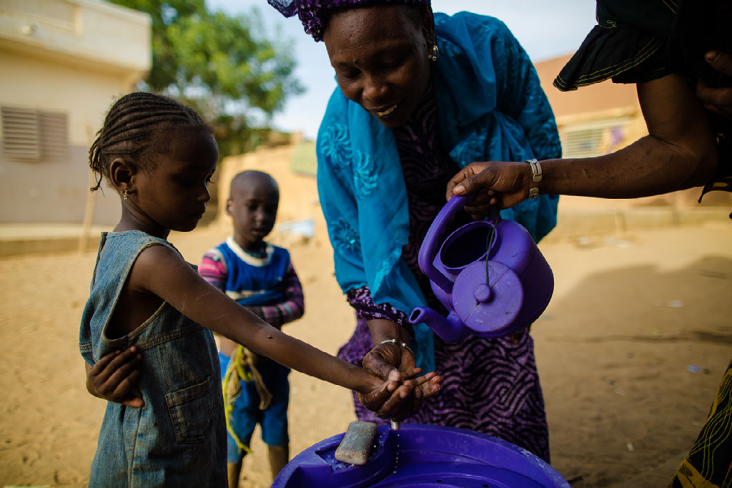BukolaAfeni
Editor
The Nigerian government and the international community has been called upon to increase investment in sanitation, which will aid in preventing the spread of infectious diseases.
The Country Director of WaterAid, Evelyn Mere, made the disclosure in a statement, as part of celebrations to mark the World Toilet Day celebration.
According to her, every year hundreds of thousands of lives are silently lost because of lack of clean water, decent toilets and hygiene.
“Having these basic human rights in place helps to stop infectious diseases in its tracks, and decent sanitation systems are even more vital as the impact of climate changes bites on vulnerable communities. The government must respond urgently to the threat of climate change, and recognize the vital role climate-resilient sanitation plays in helping vulnerable communities to be more prepared for climate change. Despite contributing the least to it, the world’s poorest people are currently suffering the brunt of its destructive impact.”
WaterAid’s report shows that climate change has intensified the sanitation crisis, with increasingly frequent and extreme weather events, destroying toilets and sanitation systems, putting the health and lives of millions of people around the world at risk.
“ Giving a Statistical analysis, the organization highlighted that only 88 million people living in Nigeria (that is 44% of the population) can rely on safely managed sanitation. About 32 million people (16% of the population) have limited sanitation”.
According to her, a staggering 112 million people still do not have access to a private toilet of their own, and about 46 million have no choice but to practice open defecation.”
“Where decent toilets are lacking, human feaces can contaminate the groundwater or end up in rivers and lakes, polluting what is often the only supply of water for drinking, cooking, and cleaning. Children play on ground rife with pathogens and as a result of fecal contamination, whole communities can contract diarrhea diseases. “
Water Aid also highlighted that inadequate sanitation in healthcare center increases the risk of them becoming the epicenters of epidemics as only 7% of healthcare facilities in Nigeria have access to basic water and sanitation services, and only 3.6% to combined water, sanitation and hygiene (WASH) services; putting the lives of doctors, nurses, midwives and patients at risk.”
“Now climate change is aggravating the sanitation crisis. Extreme weather floods, rising temperatures, prolonged droughts, are causing irreparable damage to weak sanitation systems and causing illnesses to spread further in vulnerable communities. “
“An estimated 250,000 additional deaths per year are predicted between 2030 and 2050 due to climate change and many of these deaths will be linked to poor sanitation.”
The international charity encourage governments to include ambitious sanitation plans in their climate change adaptation strategies, such that communities are better prepared to withstand the impacts of climate change.




